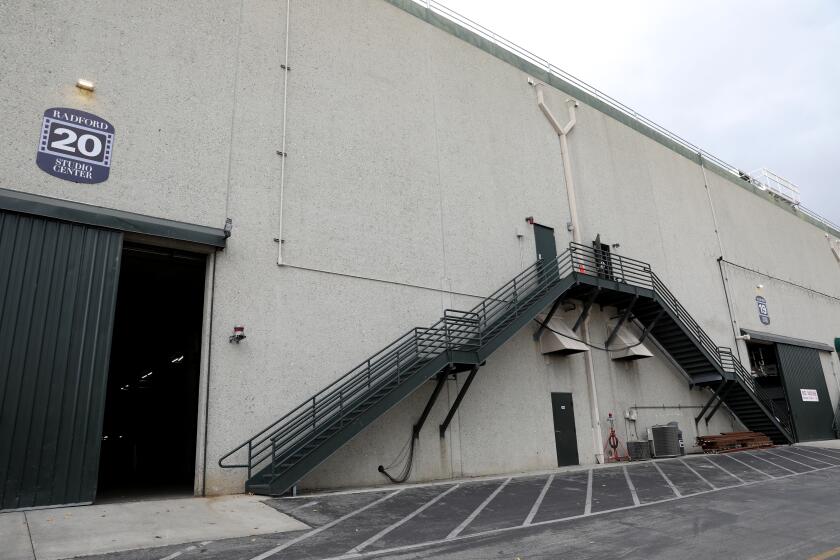‘American Experience’ Means a Better Resume
Eugene Freydenzon, who designed computer systems in Russia, found himself delivering pizza for $4 an hour when he moved to Los Angeles.
“No one wanted to hire me,” he said, noting his lack of English skills and unfamiliarity with the customs and culture of the American workplace.
But a year later, the 30-year-old immigrant was hired as a systems analyst for a Santa Monica firm.
He says he owes his jump-start to a training program run jointly by a nonprofit refugee resettlement agency and an El Segundo computer company.
Freydenzon and 14 other Russian immigrants have learned marketable computer and business skills through a project of the Los Angeles Jewish Federation Resettlement Program and Transnational Computer Technology.
In 1994, the president of the computer company turned to the resettlement agency seeking well-educated, promising workers who could learn how to create advanced software programs. The software and consulting company specializes in popular systems used by large organizations.
“There’s an immense need to create high-tech professionals,” said Wond Wossen Mesfin, president of Transnational.
Freydenzon and others with degrees from Russia in engineering or with computer experience spent more than 10 hours a day, six days a week, receiving individualized training at the company.
Their on-the-job education wasn’t all technical--they also learned about working in American corporations. They were taught how to dress appropriately, and that it was acceptable to be friendly and joke around with clients.
Meanwhile, the workers, mostly men with families, collected a stipend through a grant obtained by the Jewish community organization.
Freydenzon credits his stint at Transnational for helping him get full-time work as a systems analyst with CorpInfo Services MicroAge in Santa Monica.
“I got American experience in my resume,” he said. “It was a great deal for me.”
Organizers consider the program successful because all the trainees have gone on to find well-paying jobs in the industry. Most remain at Transnational, whose president is himself an immigrant from Ethiopia.
“You feel you have a hand in opening a gateway for people who otherwise would have had a hard time getting into the mainstream in a hurry,” said Mesfin.
Boris Entin, who moved to Los Angeles from Moscow in 1993, compared the assistance he received from the program to “the help a basement makes toward a building.”
With 10 years of program developing under his belt, he said he and the others “needed directions. We needed to know what’s hot on the market.”
Aleksandr Slavuk, who has a background in economics, took the training course because, he figured, “I could [apply] my accounting knowledge to information technology systems.”
Although he had not worked as a programmer before, he caught on quickly enough to become a program analyst for Transnational.
“Now I can sell myself without any problem to a number of agencies,” he said.
The Jewish Federation’s program and the company have created “a mutually beneficial working relationship,” said Jeanie Gaynor, director of the resettlement program.
Mesfin is “providing teaching of cutting edge skills for our refugees,” Gaynor said, and he’s been “getting high-caliber people, not only to help him in his business, but to help other business colleagues with their similar problems.”
Since 1973, the Jewish Federation Council and its affiliated agencies have helped resettle thousands of refugees from the former Soviet Union and Iran by offering job planning and placement and referrals for English instruction.
Gaynor said she hoped that other companies would follow suit and start in-house training programs for qualified refugees.
Many immigrants are underemployed, she said. “There is a wealth of talent and ability that is not being tapped.”
More to Read
Inside the business of entertainment
The Wide Shot brings you news, analysis and insights on everything from streaming wars to production — and what it all means for the future.
You may occasionally receive promotional content from the Los Angeles Times.






